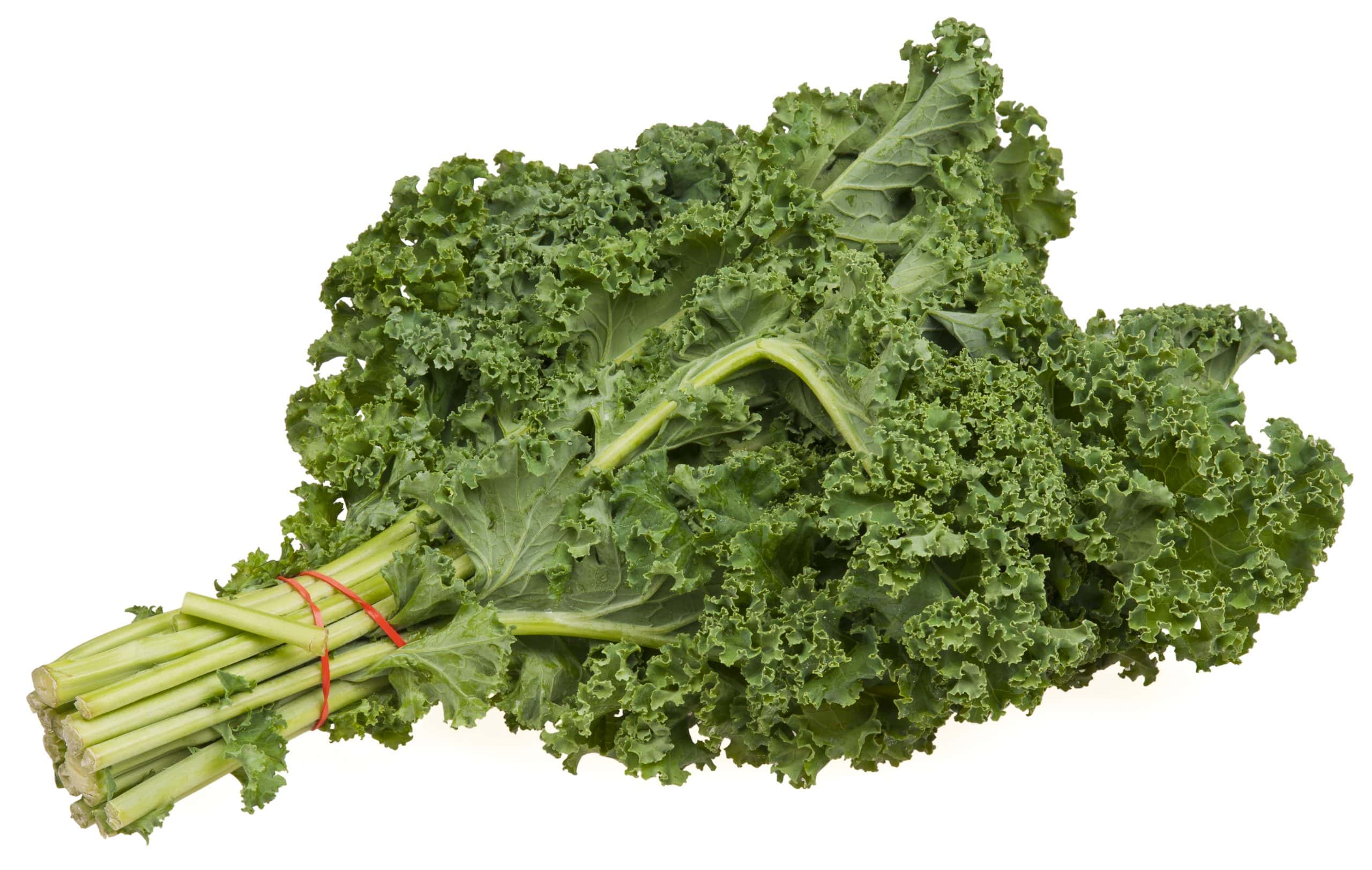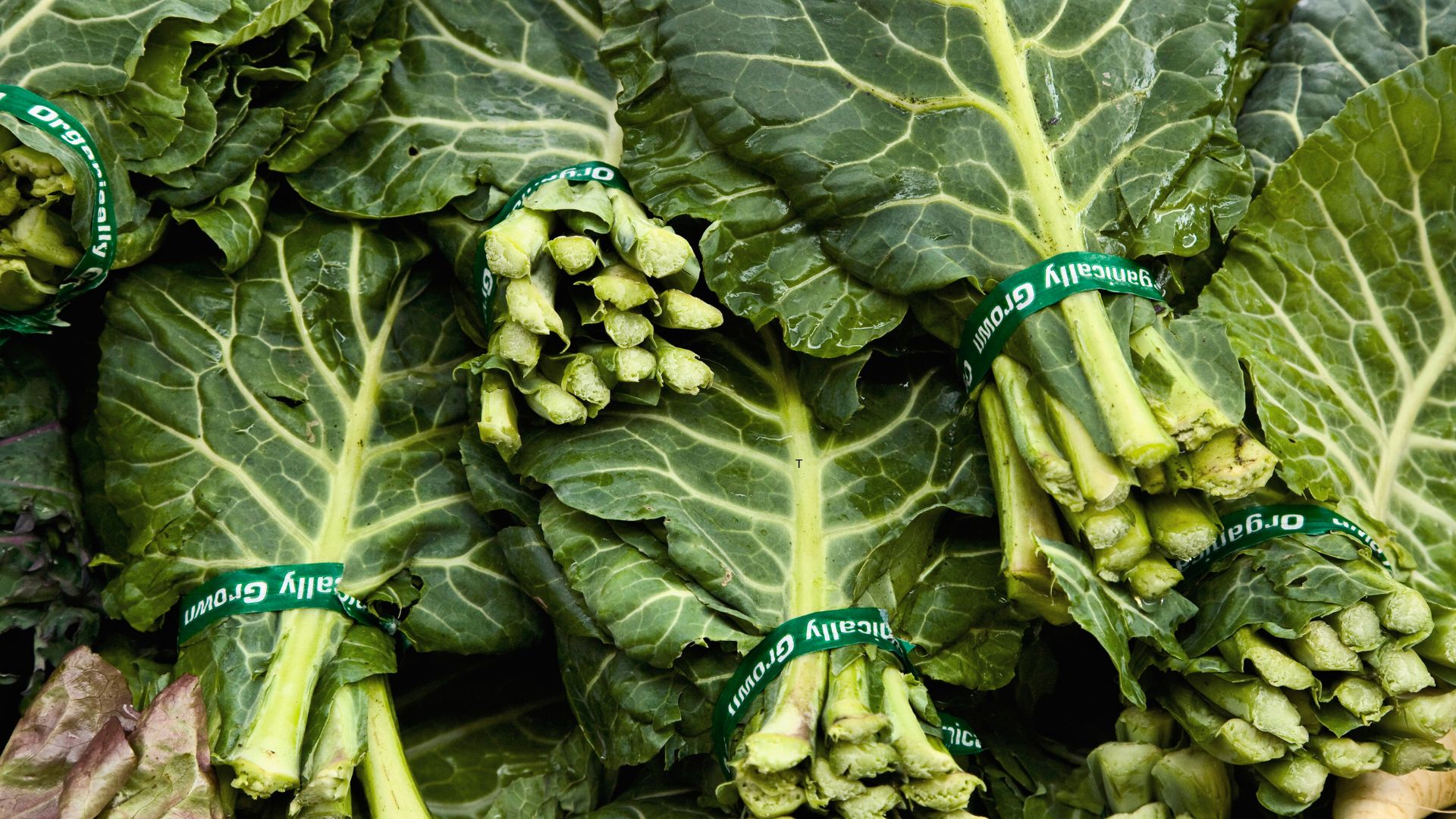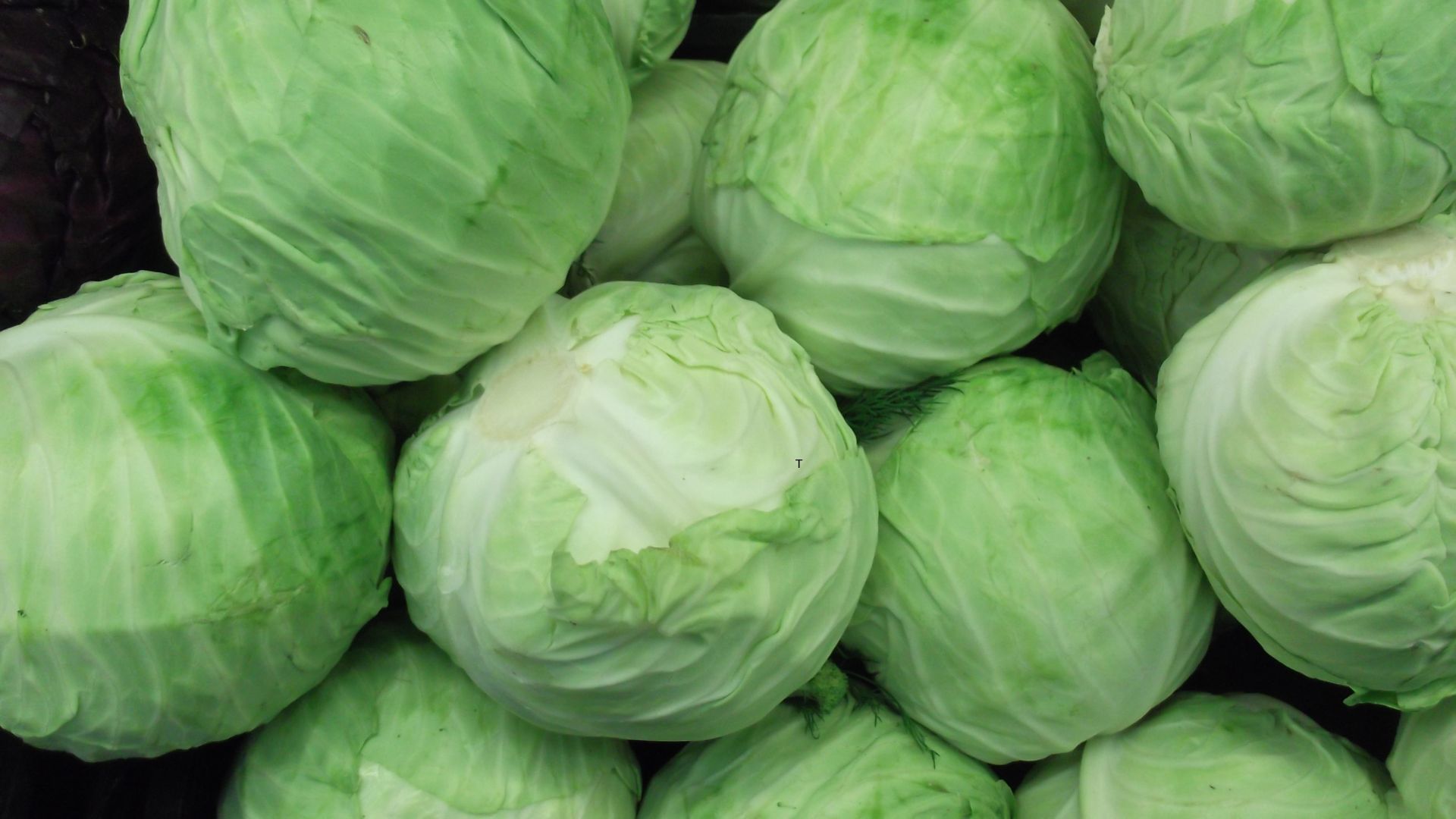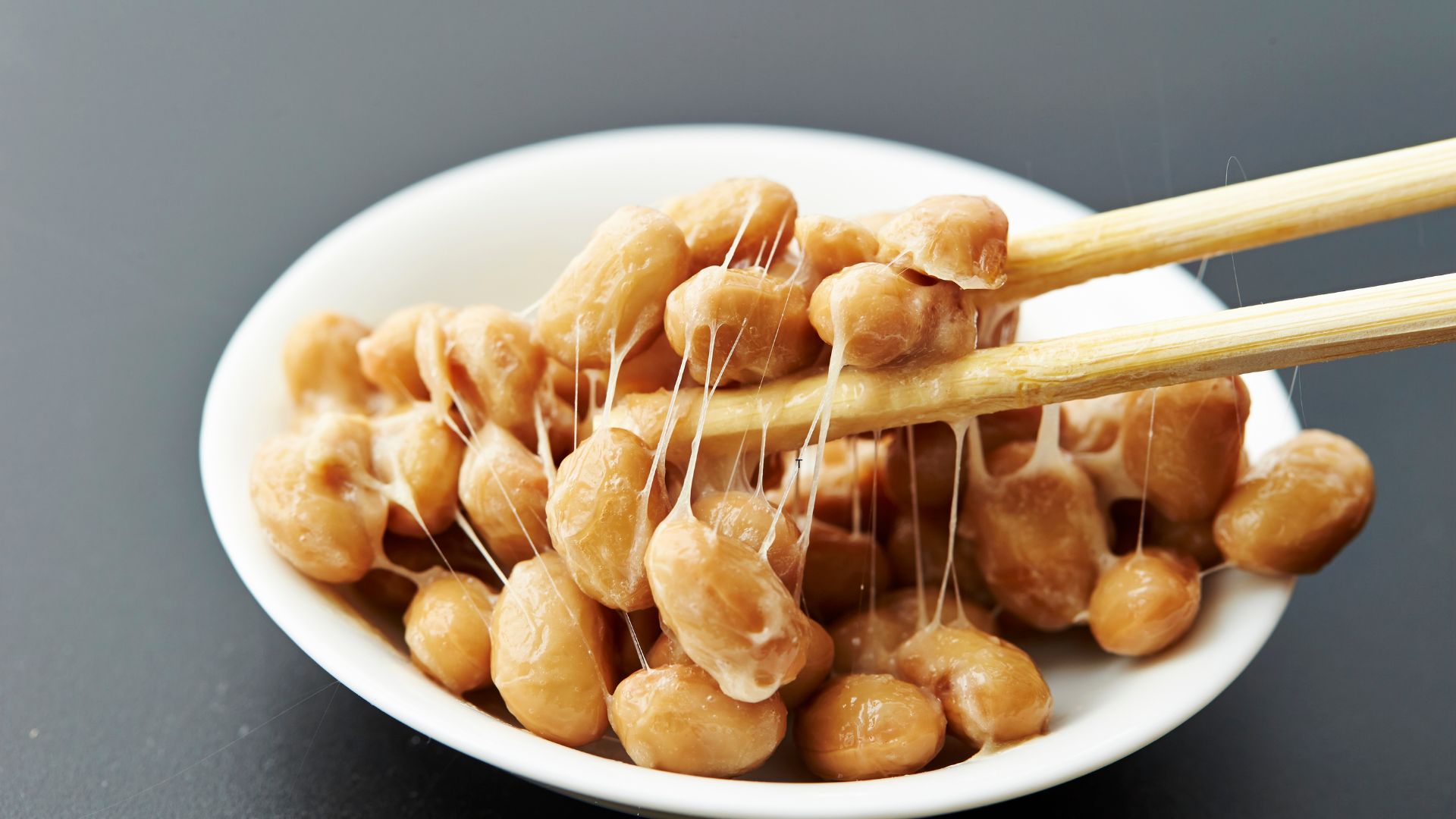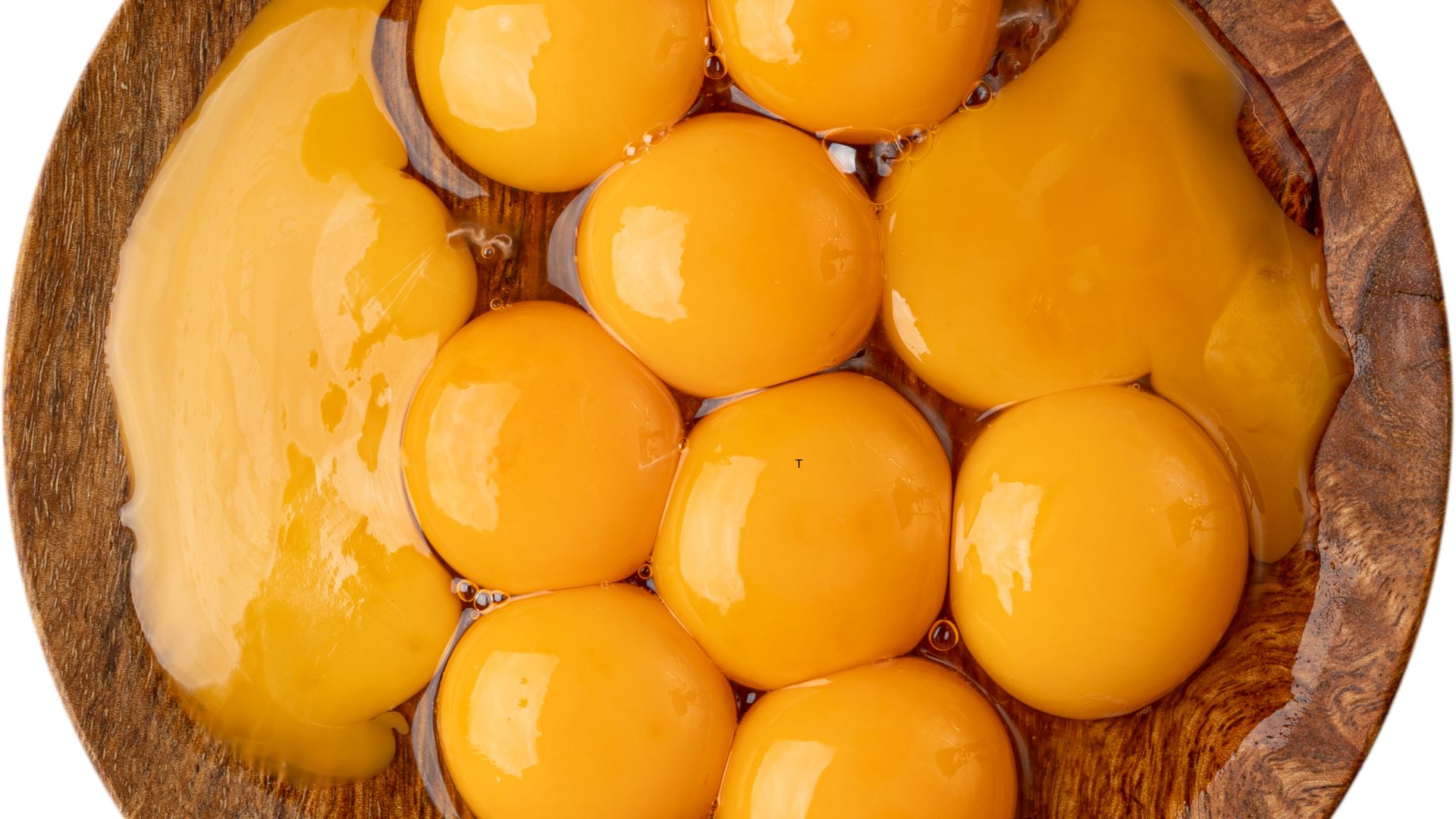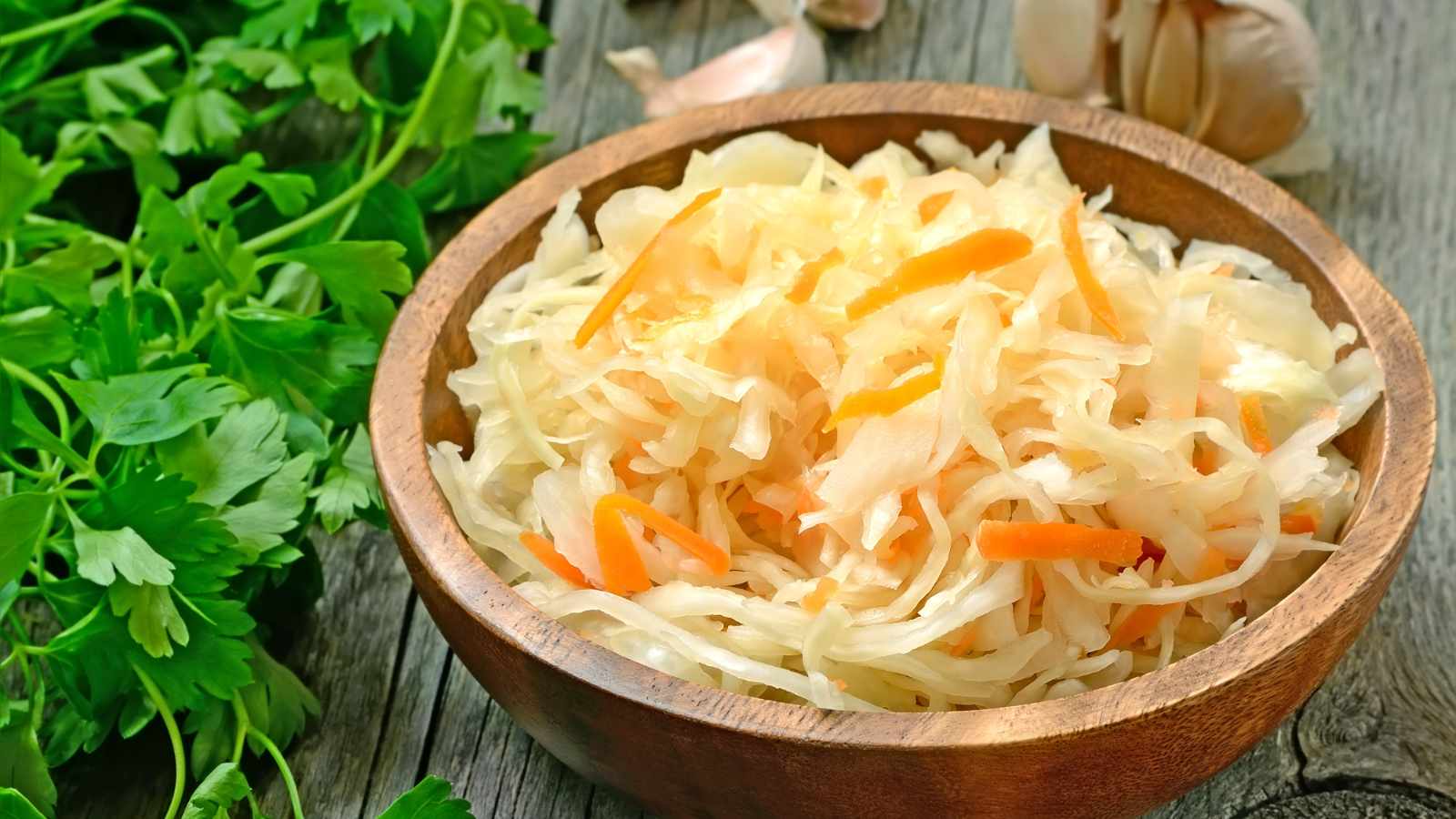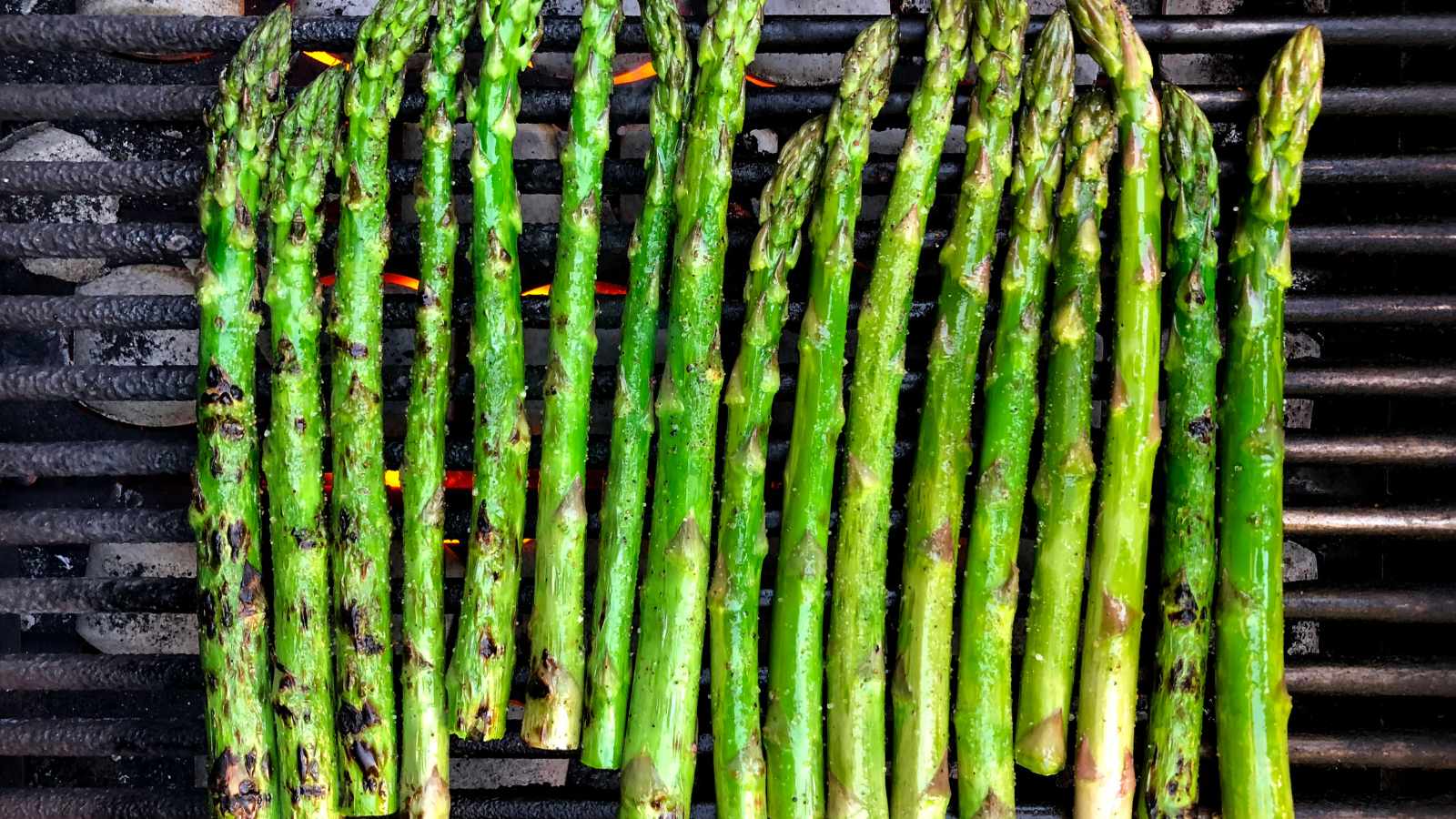Vitamin K is a powerhouse nutrient that plays a big role in bone strength and heart function. It helps regulate calcium in the body, ensuring that it goes where it’s needed—your bones—and stays out of places it shouldn’t be, like arteries.
There are two main types: K1, found in leafy greens, and K2, which comes from fermented foods and animal products. Eating a variety of vitamin K-rich foods can support everything from bone density to blood clotting. Here are 15 of the best sources to add to your diet.
1. Kale
Kale is one of the richest sources of vitamin K1, packing over 500% of the daily recommended intake in just one cup of raw leaves. This leafy green is also loaded with fiber, antioxidants, and other vitamins that support overall wellness. Whether blended into a smoothie or tossed into a salad, kale is a nutrient-dense choice for strong bones and healthy arteries.
2. Spinach
Spinach delivers a hefty dose of vitamin K1, with a single cup of cooked spinach providing more than double the daily requirement. This versatile green is also full of iron, folate, and magnesium, making it a fantastic option for those looking to support their cardiovascular and skeletal systems.
3. Collard Greens
Collard greens offer even more vitamin K1 than kale, with cooked servings supplying nearly seven times the daily need. This Southern favorite is excellent for maintaining bone density and may also help support arterial flexibility. Cook them with a bit of healthy fat to improve absorption.
4. Broccoli
Broccoli is a fantastic source of vitamin K1, along with fiber, vitamin C, and antioxidants. Steaming or roasting helps preserve its nutrient content while making it a delicious addition to any meal. Regularly eating broccoli may support both heart and bone health by promoting proper calcium utilization.
5. Brussels Sprouts
These tiny cabbage-like veggies are packed with vitamin K1, offering nearly 150% of the daily recommendation per cooked cup. Brussels sprouts are also rich in fiber and antioxidants, making them a heart-friendly choice that contributes to overall well-being.
6. Cabbage
Cabbage provides a good amount of vitamin K1 while also supporting gut health with its fiber content. Red cabbage, in particular, contains additional antioxidants that may reduce inflammation and benefit the circulatory system. Try it raw in slaws or fermented as kimchi for an extra probiotic boost.
7. Natto
This fermented soybean dish is one of the richest natural sources of vitamin K2. Natto contains a unique form of K2 called MK-7, which is highly bioavailable and particularly beneficial for bone density and arterial health. Though its strong flavor and sticky texture might not be for everyone, its benefits make it worth trying.
8. Egg Yolks
Egg yolks contain vitamin K2, along with healthy fats, protein, and other important nutrients like choline. Choosing pasture-raised eggs may provide even higher levels of vitamin K2, making them a valuable addition to a balanced diet.
9. Chicken
Chicken, especially dark meat and liver, is a natural source of vitamin K2. Regular consumption may help improve calcium metabolism and contribute to bone strength. Opting for organic or free-range options can enhance the nutrient profile of this protein-rich food.
10. Cheese
Fermented cheeses like Gouda and Brie are great sources of vitamin K2, particularly the MK-7 and MK-4 forms. These varieties also provide calcium and probiotics, which support gut and bone health. Adding a moderate amount of aged cheese to your diet can be a tasty way to boost your vitamin K intake.
11. Beef Liver
Organ meats like beef liver are packed with vitamin K2, along with iron, vitamin A, and B vitamins. Liver supports red blood cell production and contributes to a healthy cardiovascular system. Though its flavor can be intense, incorporating it into dishes like pâté or blending it into ground meats can make it more palatable.
12. Sauerkraut
Fermented foods like sauerkraut are a valuable source of vitamin K2 and probiotics. These help improve digestion while supporting calcium absorption and bone density. Eating a small serving of sauerkraut regularly can provide benefits for both gut and heart health.
13. Avocados
Avocados contain moderate amounts of vitamin K1 along with heart-healthy monounsaturated fats. This combination helps improve nutrient absorption while supporting cardiovascular function. Their creamy texture makes them easy to add to salads, sandwiches, or smoothies.
14. Green Beans
Green beans offer a decent dose of vitamin K1 while being a low-calorie, fiber-rich vegetable. Their mild flavor and crunchy texture make them an easy addition to meals, supporting both heart and bone health without much effort.
15. Asparagus
Asparagus is another vegetable that provides vitamin K1 alongside antioxidants and fiber. Whether grilled, roasted, or steamed, this vibrant green vegetable supports circulation and may aid in calcium regulation for bone maintenance.
Conclusion
Getting enough vitamin K from natural food sources can have a lasting impact on bone density and cardiovascular well-being. Leafy greens, fermented foods, and animal-based options all contribute to a well-rounded intake of this nutrient.
By incorporating a mix of these foods into your daily meals, you can support your body’s ability to manage calcium and keep both bones and arteries in top shape.

